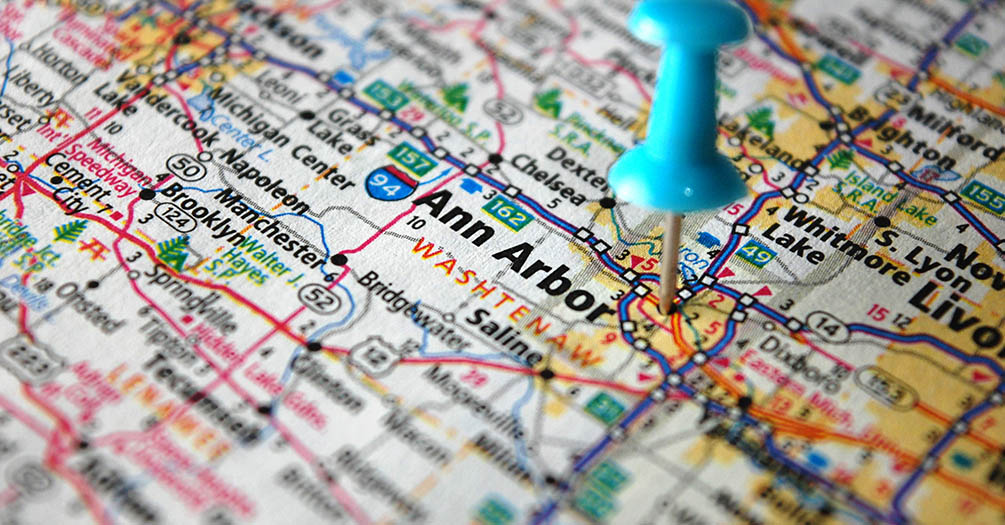In February 2021, the Journal of the American Medical Association (JAMA) tweeted, “No physician is racist, so how can there be structural racism in health care?” The tweet was designed to promote a podcast that was ostensibly focused on structural racism yet did not include experts on the topic. The subsequent uproar highlighted the harm caused by deep intentional ignorance of the term structural racism, defined in the American Journal of Public Health as “policies and practices…that confer advantages on people considered White and ideologies that maintain these advantages, while simultaneously oppressing other racialized groups.”






